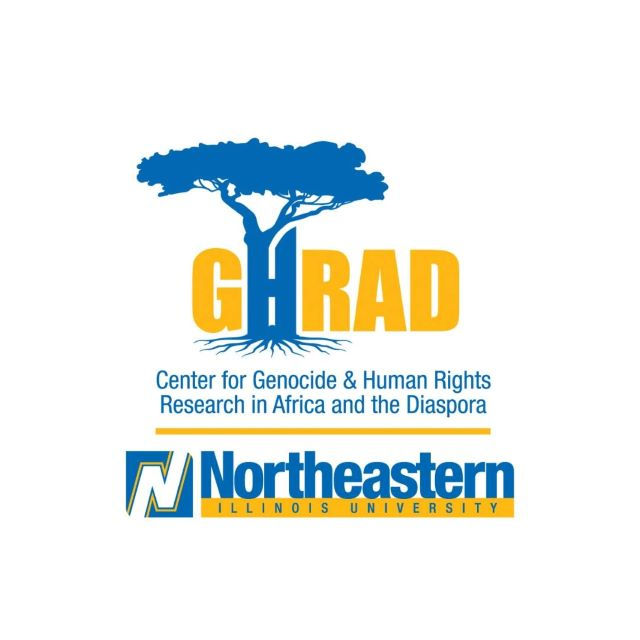Voice of Ezidis Report Ten Years Post-Genocide
- Voice of Ezidis
- Jul 15, 2024
- 2 min read
Humanitarian Pathways and Ezidi Family Unification in Europe Ten Years After Genocide
YAEL SCHACHER AND FARHAD SHAMO ROTO
MAY 2024
This year marks ten years since the Ezidi genocide, which has been recognized by many countries, including France, Germany, and the Netherlands. What does such recognition mean? Historically and morally, genocide recognition has meant a commitment to holding perpetrators accountable and ensuring survivors receive reparations. It has not entailed an insistence that survivors return to the place they were targeted for genocide – especially if they would likely face violence or precarity there. And yet, this is precisely what governments and international organizations expect of Ezidis at a time of increasing insecurity in the Iraq-Türkiye-Syria border region and a lack of adequate shelter and basic services in the Sinjar region of northern Iraq from which Ezidis fled the so-called Islamic State (ISIS) a decade ago.
Ten years on, displaced Ezidi survivors have little prospect of safely returning to their homes in Iraq – and those who do face ongoing threats, deprivation, and marginalization. Meanwhile, they lack safe pathways to Europe, where they have relatives. Further, many in Europe live in an untenable limbo, lacking secure legal status or integration support.
In late 2023, Refugees International and Voice of Ezidis (VoE) interviewed Ezidis who made harrowing journeys through Türkiye to Greece. Some told the team that they lost, left behind, or were separated from family members en route. In Greece, the team found that Ezidis had a high refugee grant rate but received minimal support finding work, housing, or health services or bringing over their children and parents from Iraq. As a result, after receiving refugee status in Greece, many of the Ezidis we spoke to moved on to unite with relatives in Germany and the Netherlands, where they apply for asylum all over again. Their ability to stay in Germany is jeopardized by a rising asylum denial rate and a return agreement with the Iraqi government. In the Netherlands, they are living in limbo (and separated from relatives left in Iraq) because of long application processing times. For many Ezidi survivors from the historically tight-knit community, family reunification was among their primary concerns.
The Ezidi experience is indicative of so many of the problems with European refugee policy: the lack of safe pathways, poor reception conditions in frontline European states, secondary migration within Europe, and complicated and backlogged procedures. The new EU Pact on Migration and Asylum is an opportunity to pilot policies that will better support Ezidis seeking protection and integration in Europe. Further, European countries should consult with Ezidi-led organizations like Voice of Ezidis to develop new policies that support survivors and model humane migration management. Humanitarian and family unification pathways should be a component of genocide recognition by European countries.
Read the full report below.





Comments